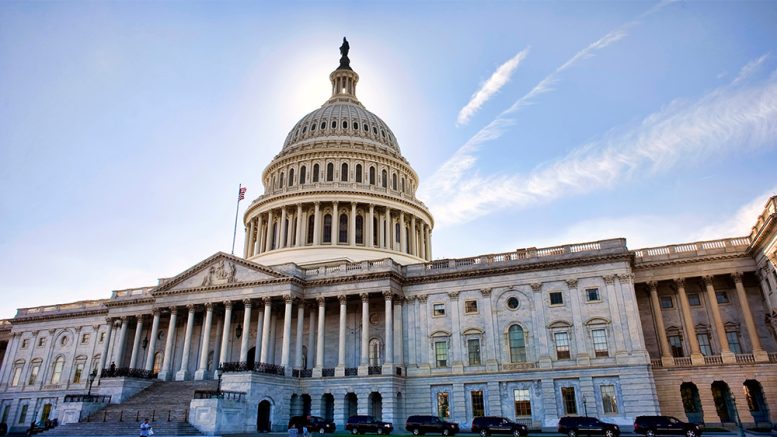
Braun
U.S. Senator Mike Braun (R-Ind.) and Chairman of the Health, Education, Labor, and Pensions Committee Bernie Sanders (I-Vt.) with Senator Chuck Grassley (R-Iowa), Senator Tina Smith (D-Minn.), and Senator John Hickenlooper (D-Colo.) have introduced a major bill to reveal health care prices for Americans: the Health Care PRICE Transparency Act 2.0.
When Americans go to the hospital, they often don’t know what services will cost before they pay them. This forces patients to rely on their insurance to pay as much as possible and negotiate rates with providers and robs patients of the ability to shop around for a better deal.
There’s also a lack of transparency in agreements between insurance and providers. There are many examples of employer-sponsored insurance plans reviewing the claims data for their employees and discovering egregious payment disparities and wasteful practices.
Now, Congress is pulling back the curtain.
The Health Care PRICE Transparency Act 2.0 will finally introduce true transparency into health care pricing by requiring all negotiated rates and cash prices between plans and providers to be accessible. The bill requires actual prices for 300 shoppable services be published, with all services by 2025.
To enforce these new transparency measures, the bill will increase maximum annual penalties to $10,000,000.
“It’s wrong that the same procedure can be 20 times more expensive in one hospital than in another, and there’s no other industry where consumers are in the dark on the price of what they’re buying,” Sen. Braun said. “Knowing what health care services cost will lower health care prices because Americans can shop around and get the best deal rather than relying on insurers to negotiate with providers which drives the price up for everything. The Health Care PRICE Transparency Act 2.0 will pull the curtain back and put the power back in the hands of the American people, introducing real market competition into the health care industry and bringing down prices.”
The PRICE Transparency Act will do the following:
- Impose data sharing standards.
- Require machine-readable files of all negotiated rates and cash prices between plans and providers, not estimates.
- Expand price transparency requirements to clinical diagnostic labs, imaging centers, and ambulatory surgical centers.
- Require pricing data standards including all billing codes for services.
- Require actual prices for 300 shoppable services with all services by 2025.
- Require attestation by executives that all prices are accurate and complete.
- Increase maximum annual penalties to $10,000,000 (includes specific minimum and maximum penalties according to number of hospital beds in the facility).
- Prevent pre-emption of state price transparency laws, except for ERISA group health plans.
- Codify the Transparency in Coverage (TIC) rule.
- Provide group health plans the right to access, audit, and review claims encounter data.

